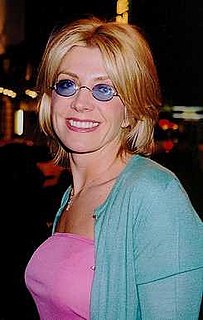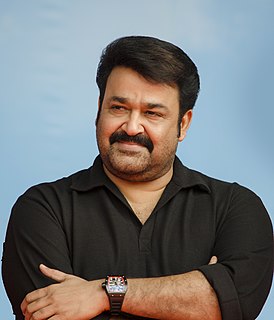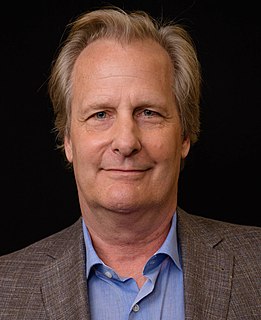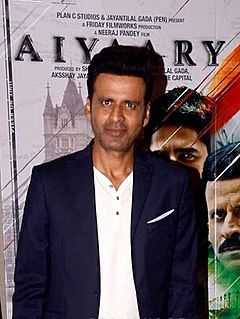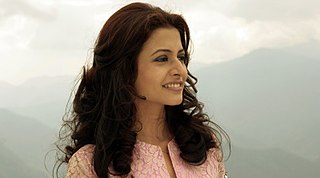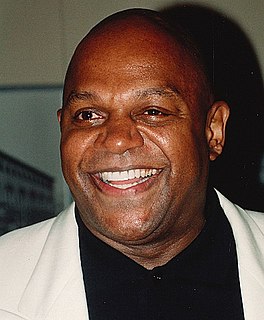Цитата Наташи Ричардсон
Фильм — это видение режиссера... однако актер или актриса могут внести большой вклад.
Связанные цитаты
Я люблю разные фильмы. В театре вы входите в комнату, и режиссер управляет комнатой, так что вы все работаете по его или ее методу. В кино, если актер или актриса задерживаются на день или два, режиссер должен получить от этого актера то, что ему нужно, поэтому он должен измениться и приспособиться к технике этого актера.
Мы с Кирби тесно сотрудничаем, и это меняется от фильма к фильму. Первый проект, над которым мы работали вместе, Деррида, мы были сорежиссерами. В последнем фильме Outrage я был продюсером, а он режиссером. Этот фильм был скорее совместным проектом — он режиссер, а я продюсер — но это фильм нас обоих.
Мы сделали «Микки и Медведя» почти без денег с начинающим режиссером, начинающим оператором и командой, которая только что закончила киношколу Нью-Йоркского университета. Мы все были в этом вместе впервые. Там нет известного актера или больших взрывов. Это не фильм Марвел. Я думал, что никто не будет смотреть этот фильм.
Фильм рассматривается как средство режиссера, потому что режиссер создает конечный продукт, который появляется на экране. Опять эта дурацкая авторская теория, что автором фильма является режиссер. Но что снимает режиссер — телефонную книгу? Писатели стали гораздо более важными, когда появился звук, но им пришлось отважно бороться, чтобы получить признание, которого они заслуживают.
